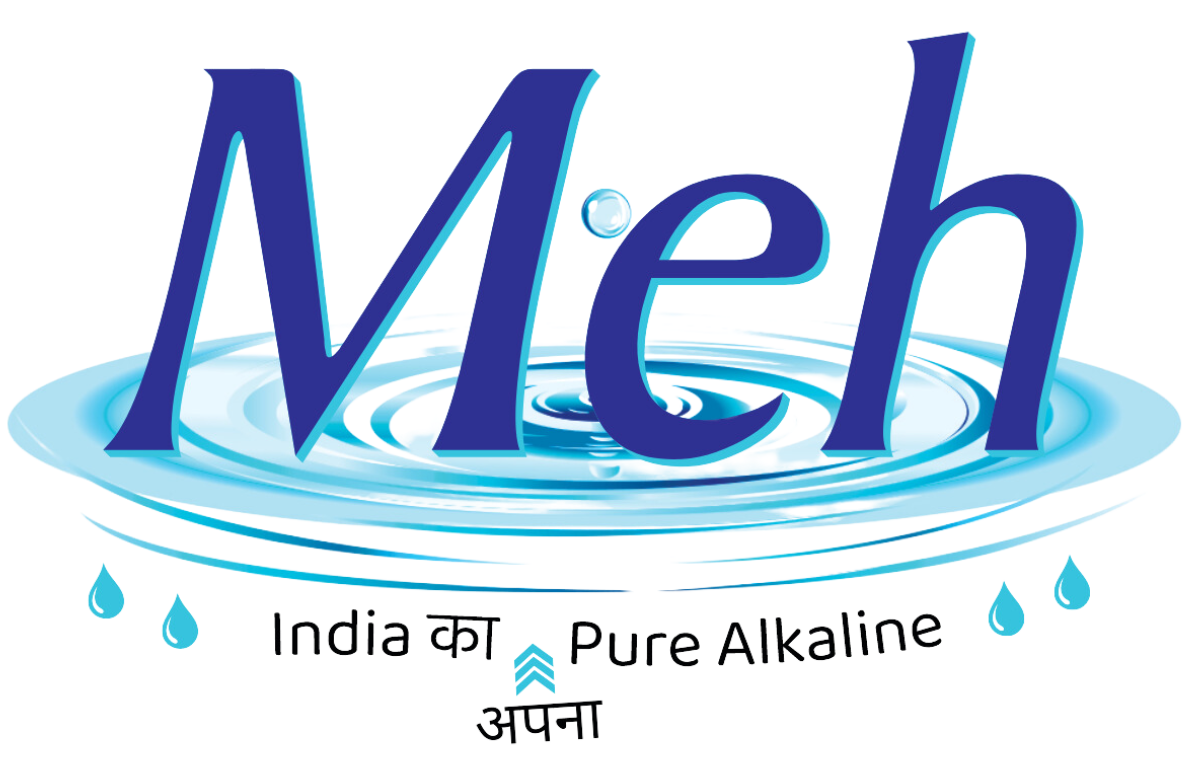Carbonated (Sparkling) Water: Good or Bad?
Carbonated or sparkling water has gained popularity as a refreshing and healthier alternative to sugary sodas. Its effervescence makes it a favorite for many, but questions about its impact on health often arise. Is it good for you, or are there hidden drawbacks? Let’s dive into the science and benefits to find out.
What Is Carbonated Water?
Carbonated water is infused with carbon dioxide gas under pressure, creating the characteristic fizz. It can be naturally carbonated from springs or artificially made. Some versions include added minerals, like magnesium or calcium, enhancing its nutritional profile.
The Benefits of Carbonated Water
- Improves Hydration
For those who find plain water dull, sparkling water is an excellent way to stay hydrated. It’s a calorie-free and sugar-free option, making it a smart choice for those watching their weight or reducing sugar intake. - May Aid Digestion
Studies suggest that carbonated water can help improve digestion by relieving symptoms like indigestion and constipation. It may stimulate the nerves in the digestive system, promoting bowel movements. - Supports Bone Health (When Mineralized)
Some sparkling waters are rich in calcium and magnesium, which are essential for bone health. Drinking these mineralized options could contribute to your daily nutrient intake.
The Potential Downsides
- Effect on Teeth
The acidity in carbonated water is a common concern. While it’s less acidic than sugary sodas, excessive consumption may contribute to enamel erosion over time. Opting for plain sparkling water without added flavors or acids can minimize this risk. - May Cause Bloating
The carbonation can lead to gas buildup in the digestive tract, causing bloating or discomfort for those with sensitive stomachs or conditions like irritable bowel syndrome (IBS). - Impact of Added Sugars or Sweeteners
Not all sparkling waters are created equal. Flavored options may include added sugars or artificial sweeteners, which can negate the health benefits. Always check the label for hidden ingredients.
How to Enjoy Sparkling Water Safely
- Go Plain: Choose unflavored sparkling water to avoid unnecessary additives or sugars.
- Moderate Consumption: Limit intake if you’re concerned about bloating or dental health.
- Combine with Still Water: Alternate between still and sparkling water for balance.
- Check Labels: Look for options that are free from artificial flavors or sweeteners.
The Verdict
For most people, carbonated water is a healthy and enjoyable beverage. It hydrates effectively, can aid digestion, and offers a fizzy twist to plain water. However, those with dental concerns, sensitive digestion, or a penchant for flavored options should approach with caution.
In the end, sparkling water can be a great addition to your diet when consumed in moderation. So, next time you reach for a bubbly drink, you can sip confidently—just keep an eye on the label!
Do you prefer sparkling water over still water? Let us know your thoughts!

